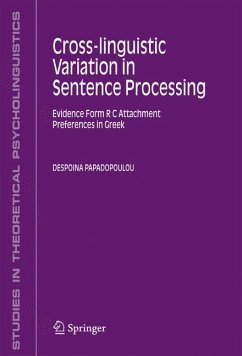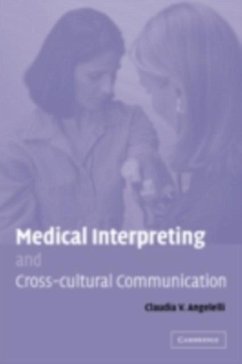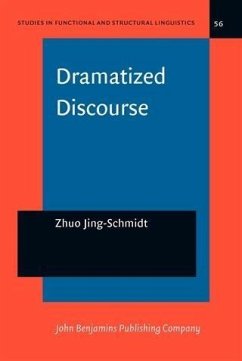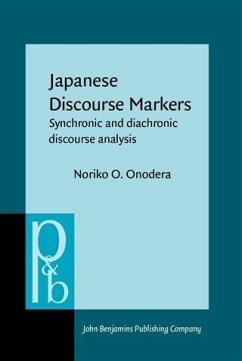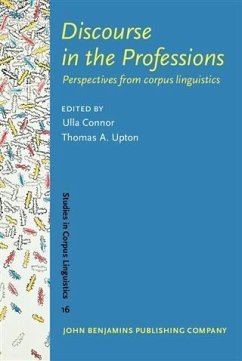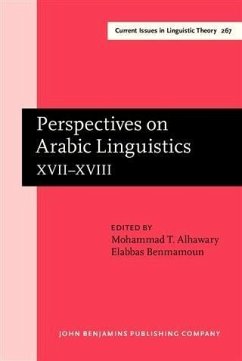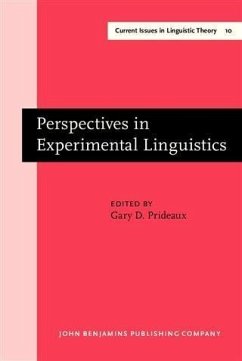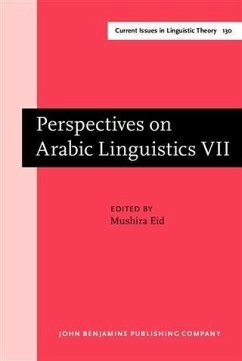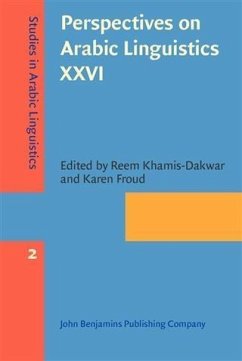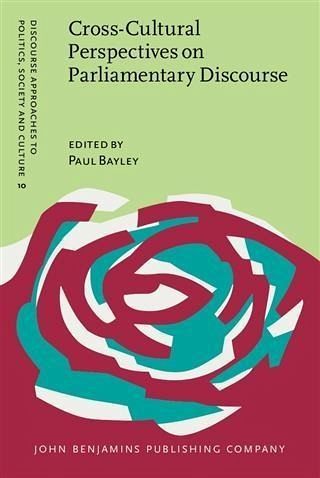
Cross-Cultural Perspectives on Parliamentary Discourse (eBook, PDF)

PAYBACK Punkte
55 °P sammeln!
The activity of parliaments is largely linguistic activity: they produce talk and they produce texts. Broadly speaking, the objectives that this discourse aims to satisfy are similar all over the world: to legitimate or contest legislation, to represent diverse interests, to scrutinise the activity of government, to influence opinion and to recruit and promote political actors. But the discourse of different national parliaments is subject to variation, at all linguistic levels, on the basis of history, cultural specificity, and political culture in particular. Through the use of various analy...
The activity of parliaments is largely linguistic activity: they produce talk and they produce texts. Broadly speaking, the objectives that this discourse aims to satisfy are similar all over the world: to legitimate or contest legislation, to represent diverse interests, to scrutinise the activity of government, to influence opinion and to recruit and promote political actors. But the discourse of different national parliaments is subject to variation, at all linguistic levels, on the basis of history, cultural specificity, and political culture in particular. Through the use of various analytical tools of functional linguistics, this volume seeks to provide explanatory analyses of parliamentary discourse in different countries - Britain, Germany, Italy, Mexico, Spain, Sweden and the United States - and to explore its peculiarities. Each chapter outlines a particular methodological framework and its application to instances of parliamentary discourse on important issues such as war, European integration, impeachment and immigration.
Dieser Download kann aus rechtlichen Gründen nur mit Rechnungsadresse in A, B, BG, CY, CZ, D, DK, EW, E, FIN, F, GR, HR, H, IRL, I, LT, L, LR, M, NL, PL, P, R, S, SLO, SK ausgeliefert werden.




